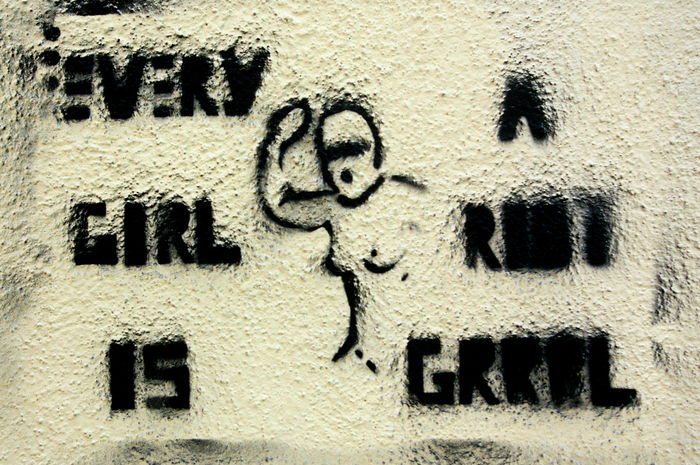Last band standing: how brass band contests adapted to lockdown
With live performances cancelled across the board, Anna Stirk discusses how brass bands managed to keep competing despite the pandemic

Hosting a brass band contest entirely online was never going to be an easy task. However, as the Cory Band – one of the oldest and best known brass bands in the world, having formed in 1884 in the Rhondda Valley in Wales – demonstrated in 2020 and now in 2021, they have a firm handle on what it takes to be successful in this format. As a consequence of the pandemic, in-person rehearsals were cancelled, as well as the contests which are an important focus of the first months of the year. This left a significant void, with no events for which to prepare.
This is where the 2020 iteration of the Kapitol Cory Online Championships came in. Bands around the world recorded a ten-minute set of music in whatever format local lockdown restrictions necessitated, creating a range of performances, from entirely in person to entirely virtual. The bands competed in the same sections as they would for the National Championships, with non-UK bands assigned a section based on their perceived skill. These ability-based sections function similarly to a sports league, with points awarded for contest results leading to promotion or relegation. Given the circumstances and the innovation required, the first contest of its kind was an undeniable success.
“The adjudicators paid particular attention to the narratives presented by the video performances”
The 2021 contest expanded and built upon its predecessor. Live-streamed over three weekends in March (all recordings available on YouTube), ninety bands from countries as far afield as Australia, Norway, and the US participated alongside the UK bands who made up the majority of entrants. This was a significant increase from the sixty-eight bands in 2020, likely due to the addition of university and youth sections to the traditional contest structure. Despite the third January lockdown forcing the contest to be delayed a month, the technological teething issues of the first contest appeared largely to have been solved by the Cory Band.
The standard of musical performance and visual accompaniment was higher overall on the part of the competitors, too. Getting to grips with video editing technology and remote recording capabilities has been a learning curve for everyone involved, but the performances produced by the bands who competed in both contests were often notably improved the second time round. The adjudicators paid particular attention to the narratives presented by the video performances, and some of these were more successful than others. Strabane Brass Band’s musical accompaniment to footage from the Troubles was particularly moving, while Lionel Richie and Duke Ellington remained popular throughout the sections.
A considerable number of countries and cultures were represented in the contest. While this allowed for an entertaining look at different brass band traditions and their settings around the globe, it emphasised the persistent issue of categorisation for these bands. Competing bands from the UK are in one of several sections of the National Championships, from which Cory derived their structure. However, non-UK bands do not have such a unitary means of comparison, meaning that some bands were assigned sections which appeared below their skill level. Frustrating as this may have been for their fellow competitors, it fortunately did not detract from the overall enjoyment of the contest.
The international element continued into the newly added university section, with the Oakland University Brass Band from Michigan, US, joining more familiar Unibrass contestants such as Lancaster, Bangor, and Warwick (no Cambridge, unfortunately!) The university section was added as a response to the postponement of Unibrass in February, just as the contest as a whole replaced the National Championships and other competitions. Again, the standard of video presentation was higher for those bands who had prior experience with the medium, although this was no means the rule: King’s College London’s band, formed in lockdown and entering their first contest, had an excellent set both visually and musically.
Overall, the Kapitol Cory Online Championships was a success, for both the quantity as well as the quality of the musical entertainment provided – if you (somehow) have a spare 30 hours to fill, this would be a great way to pass the time. This is one of the clear advantages of an online brass band contest: instead of committing to a day spent in a theatre or a sports hall, it is possible to dip in and out. This increases accessibility to a wider audience as well as new bands such as KCL, who may not be able to travel to a contest only a few months after forming.
However, as with all virtual events over the last year, it cannot be an authentic substitute for the real-world equivalent. As a stopgap until in-person contests can resume, these online championships served their purpose commendably, providing entertainment and engagement for audiences much larger than at a conventional brass band contest. Despite their success, however, I cannot be the only viewer hoping they are not required to happen again.
 Features / Cambridge: where toxic productivity turns rest into a radical act8 April 2025
Features / Cambridge: where toxic productivity turns rest into a radical act8 April 2025 News / Rowing row continues as Oxford and Cambridge scrap women’s trial race9 April 2025
News / Rowing row continues as Oxford and Cambridge scrap women’s trial race9 April 2025 News / Uni to ‘review’ tripos rankings and weekend lectures in undergrad teaching overhaul10 April 2025
News / Uni to ‘review’ tripos rankings and weekend lectures in undergrad teaching overhaul10 April 2025 News / Under 3% of applicants for Cambridge academic jobs are successful7 April 2025
News / Under 3% of applicants for Cambridge academic jobs are successful7 April 2025 Comment / Death of the June Event?9 April 2025
Comment / Death of the June Event?9 April 2025





